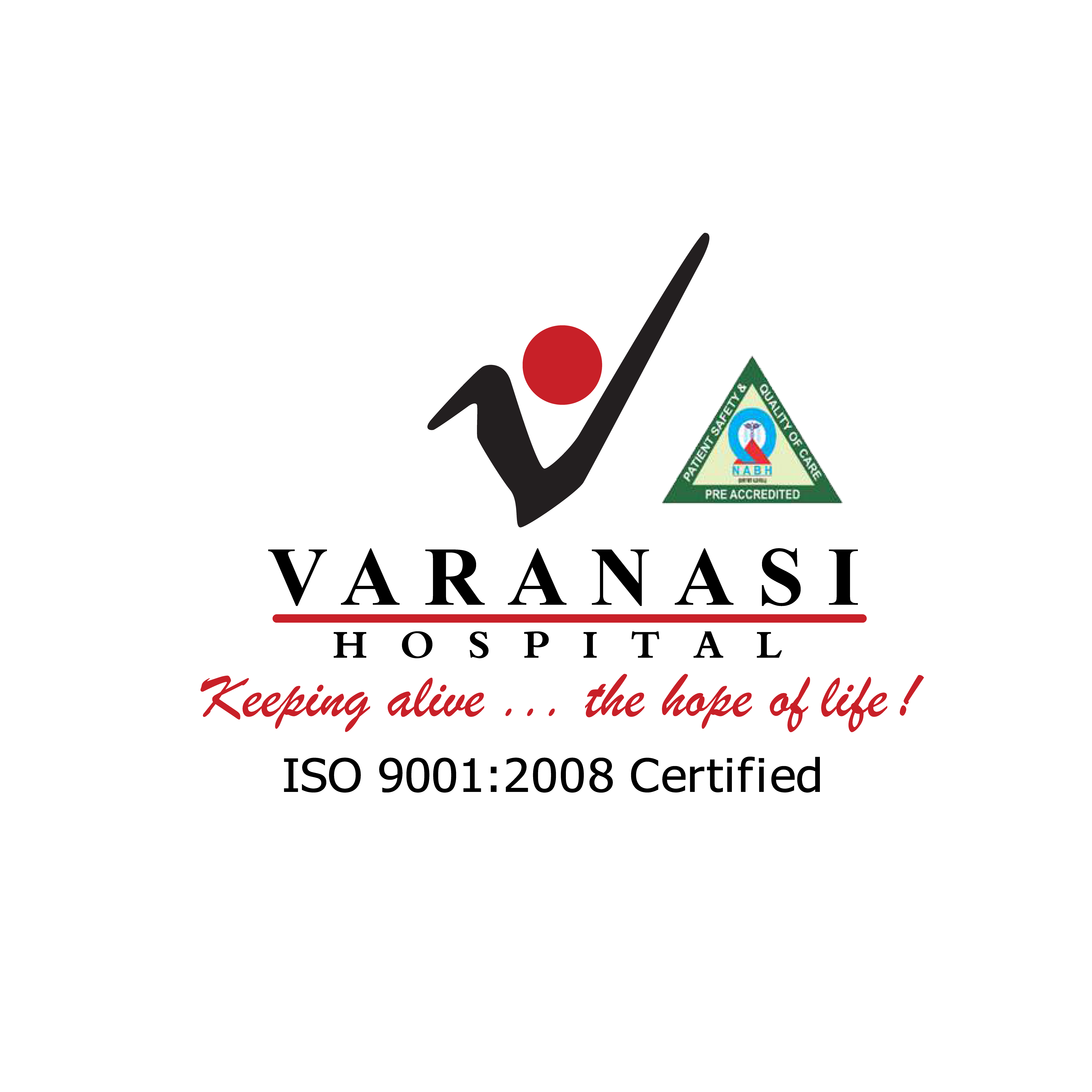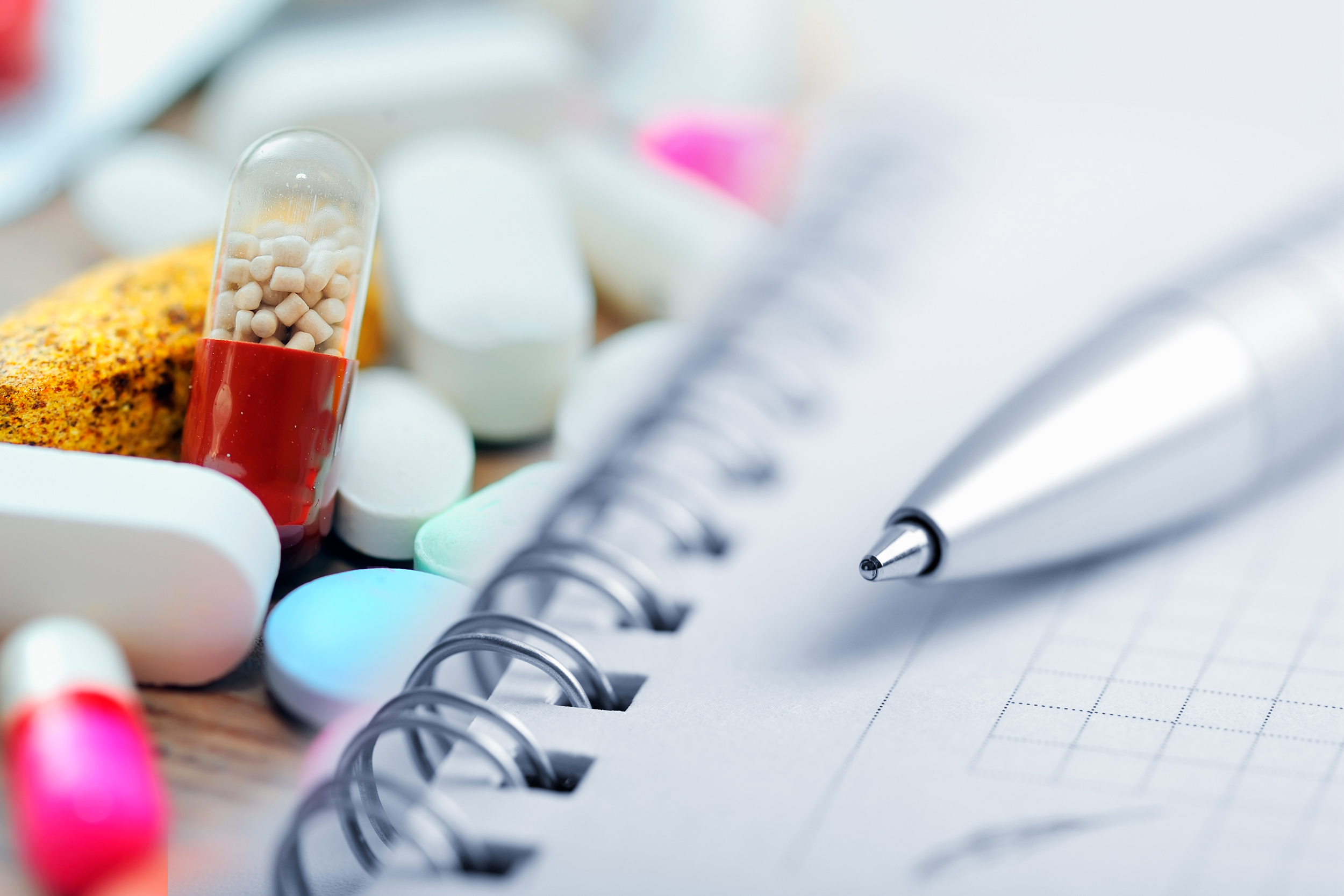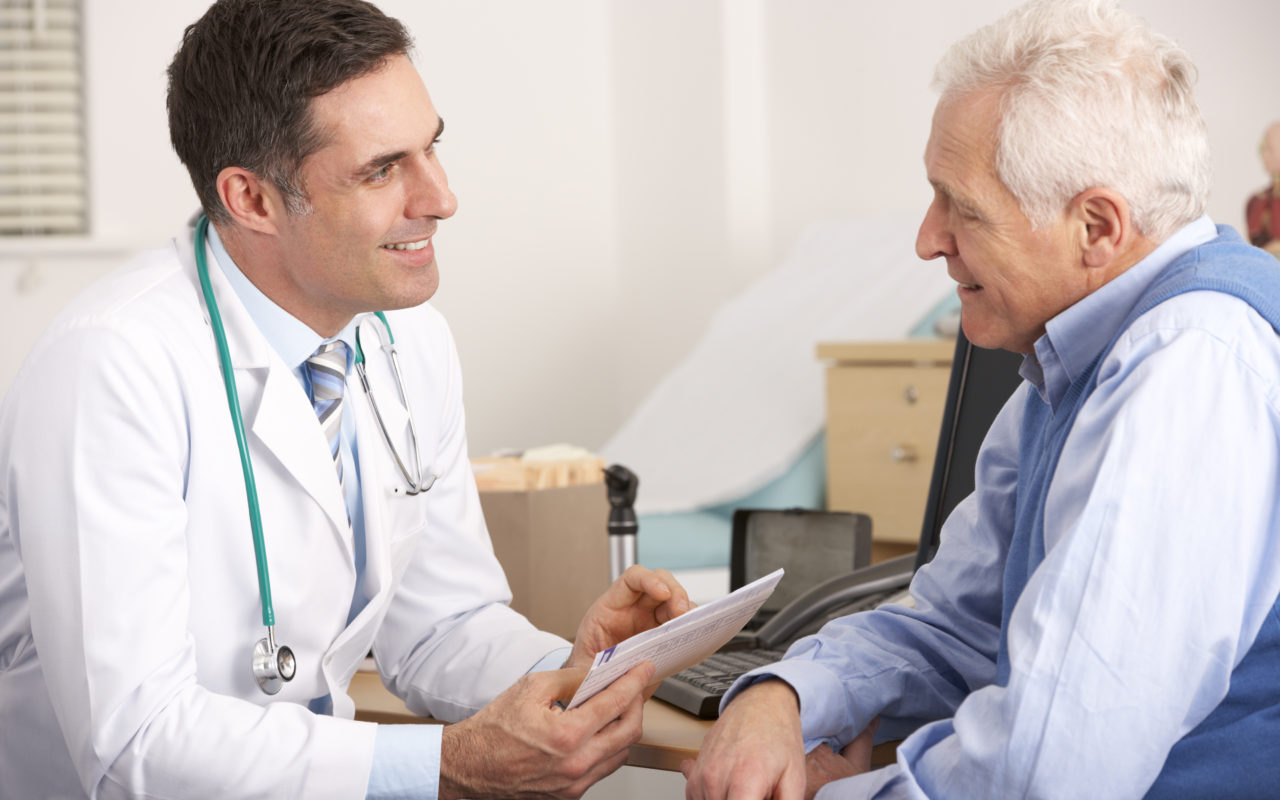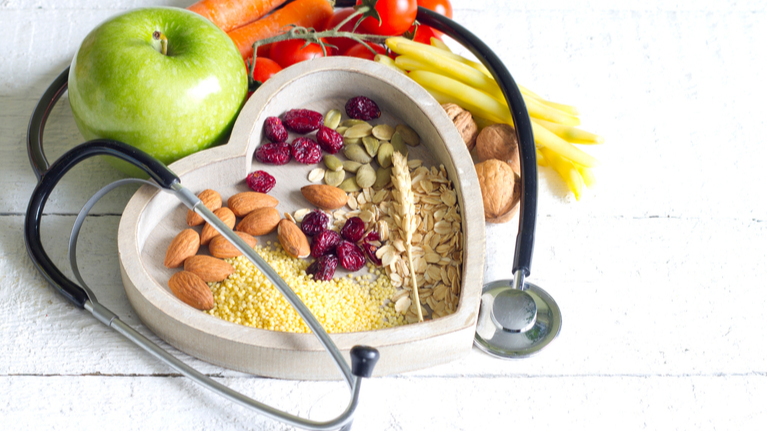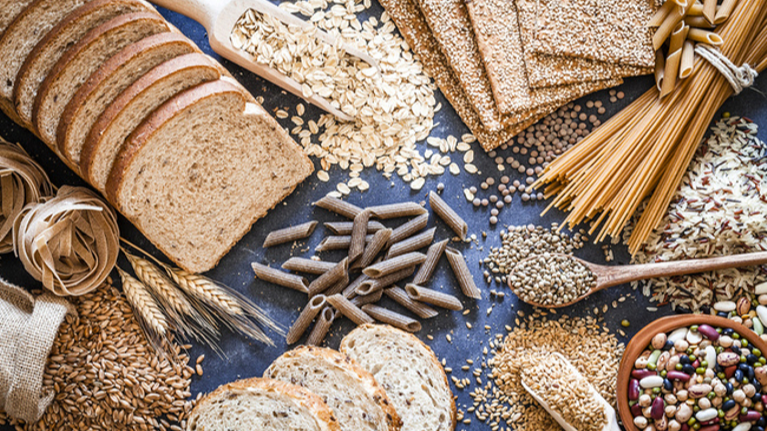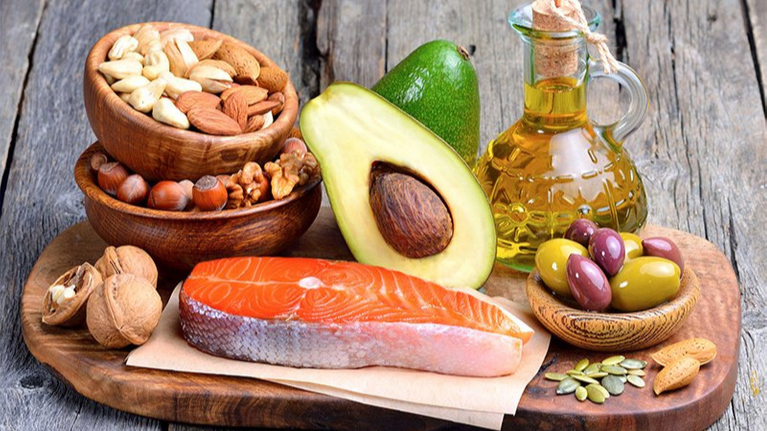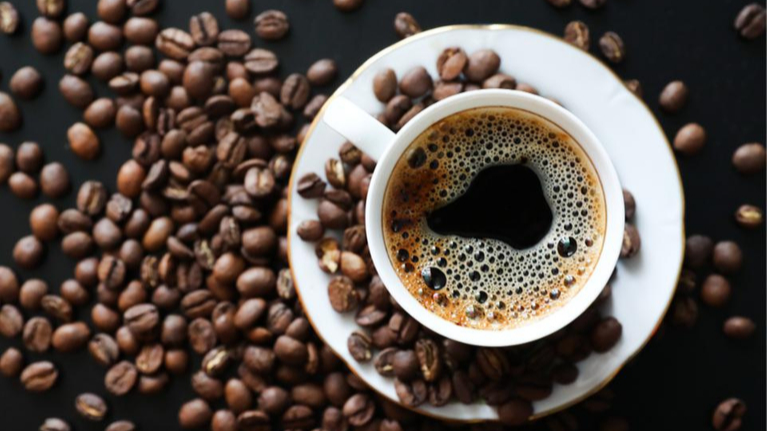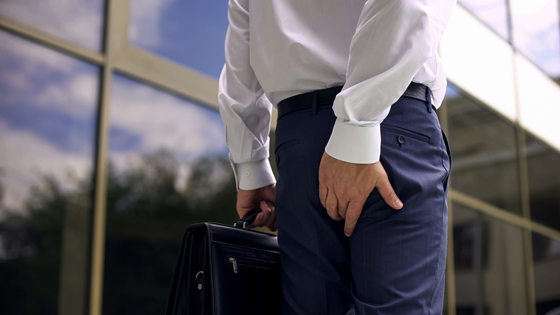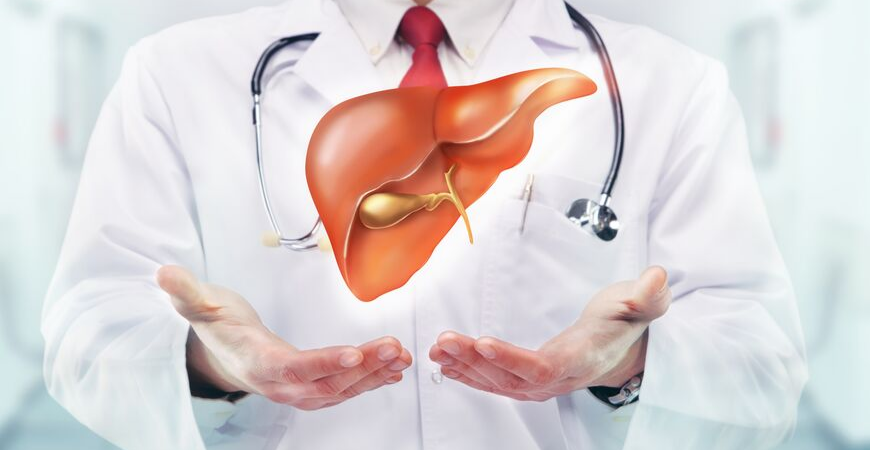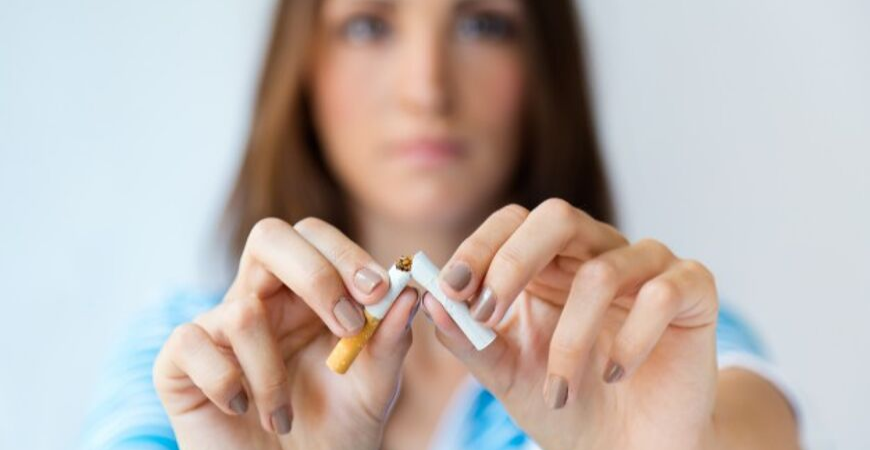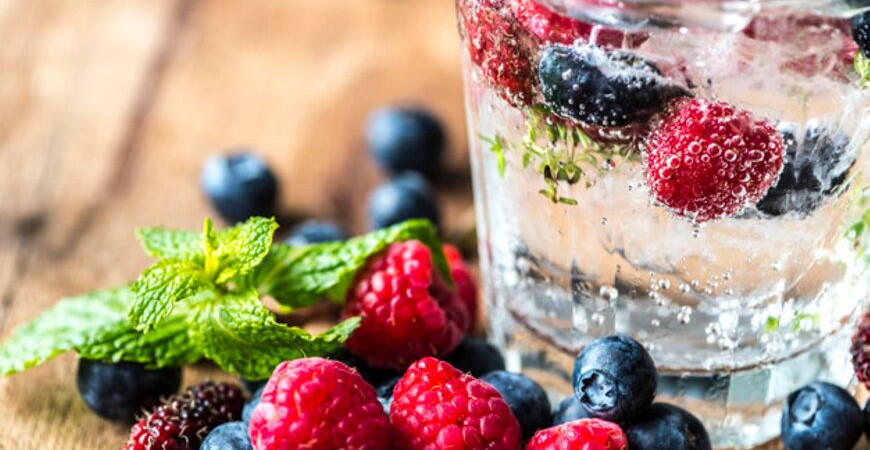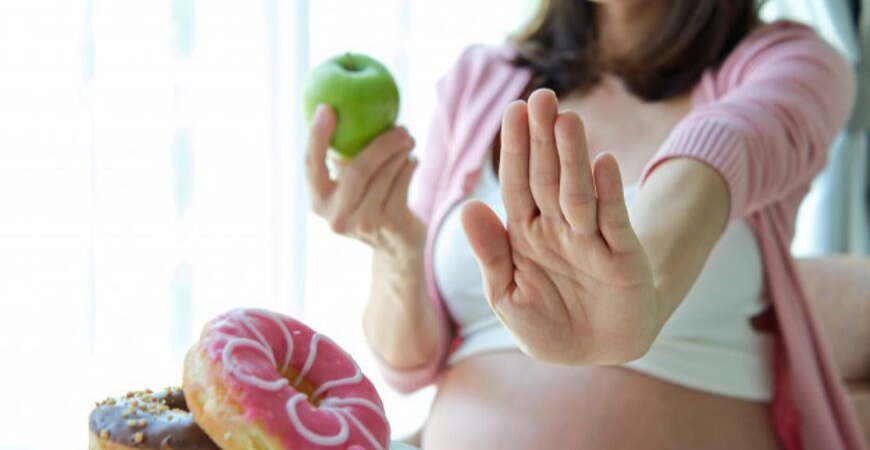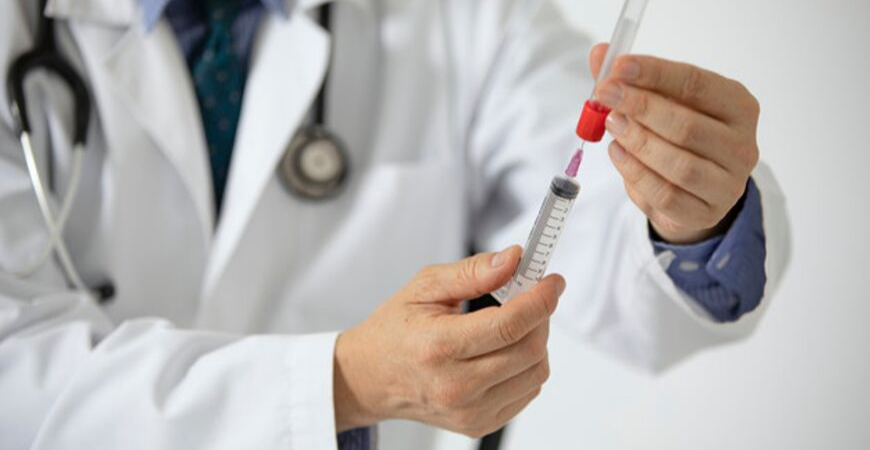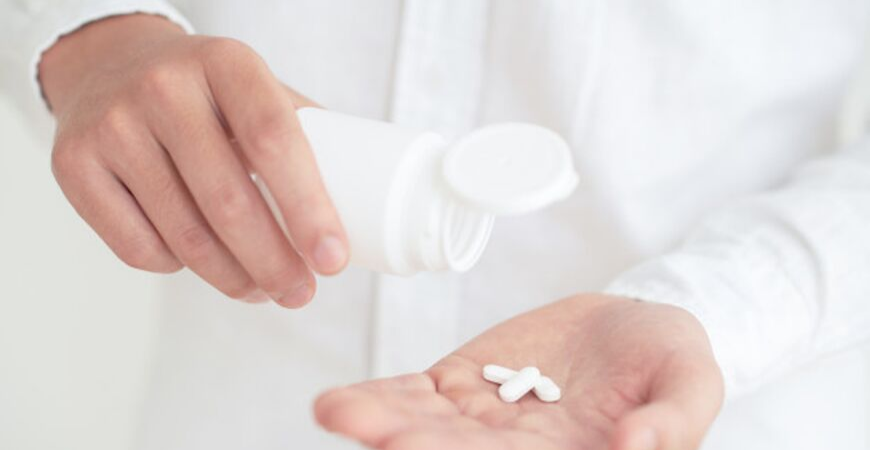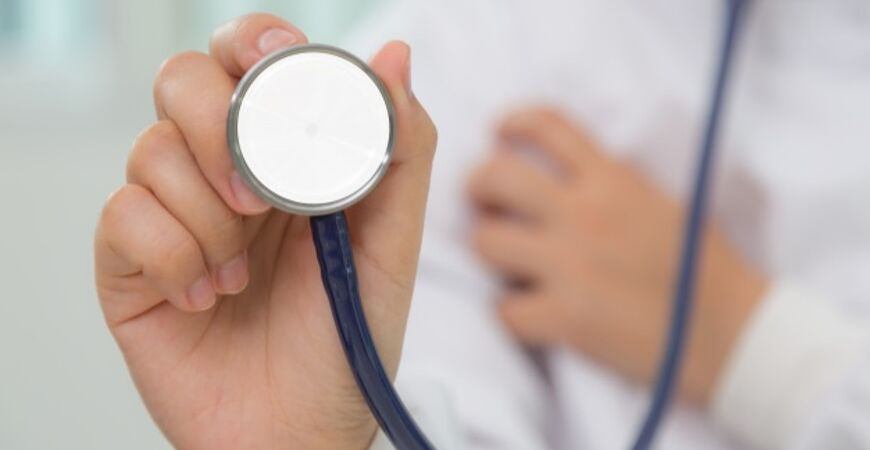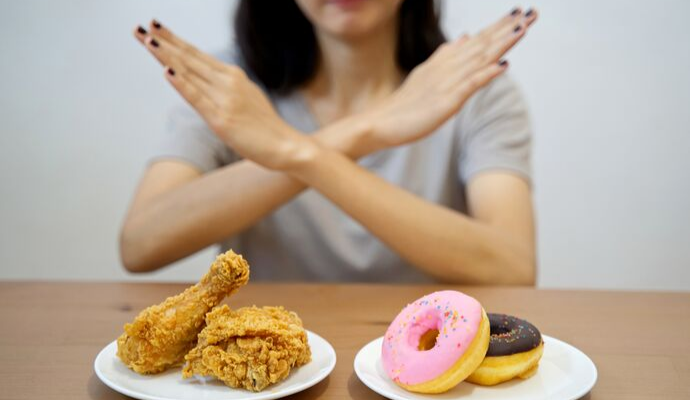FAQs On Laparoscopic Rectopexy
Laparoscopic rectopexy is a surgical procedure performed by surgeons to treat rectal prolapse. There are many concerns by patients related to this medical procedure which we have answered in this blog.
Read more: Rectal prolapse: causes, symptoms and treatment
Here, we have responded to some common questions asked by people associated with laparoscopic rectopexy.
Q. Why to go for a laparoscopic rectopexy and not open rectopexy?
A: Rectopexy can be executed by both open and laparoscopic procedures. However, the laparoscopic technique is highly approved by the good laparoscopic surgeons because it is a minimally-invasive surgery, and a laparoscopic surgical method has immense advantages and a high success rate than conventional open surgery. Some of the advantages of a laparoscopic rectopexy, when compared to an ordinary open rectopexy, are as follows:
- Minimum incisions or cuts
- Low or no blood loss
- Minimal chances of infection
- Less pain
- Zero complications
- Shorter hospital stay
- Speedy recovery
- Higher success rate
- Completely safe.
So, laparoscopic rectopexy is mostly preferred and in huge demand than a typical open operation. We, at Varanasi Hospital, are well-equipped with the latest techniques and equipment required for laparoscopic rectopexy. We are proud to announce that we are one of the best laparoscopic hospitals in Varanasi.
Q. How laparoscopic rectopexy is carried out?
A: During a laparoscopic rectopexy, the patient is first given anesthesia to carry out the further procedure. Then, the surgery begins, in which the surgeon makes few small incisions in the patient’s abdomen through which a laparoscope (a thin medical instrument with a high-intensity light and a high resolution camera at its end) and other surgical tools specifically designed for laparoscopic operation are inserted to repair the prolapsed rectum.
Q. Can rectal prolapse occur again even after laparoscopic rectopexy?
A: The chances of recurrence is extremely low after laparoscopic rectopexy as the surgeons after fixing the protruding rectum make usual stitches with a surgical mesh instead. The surgical mesh ensures that the rectum does not come out of its place, thus saving the patient from a recurring prolapsed rectum.
Q. What are the precautions a patient needs to undertake after a laparoscopic rectopexy?
A: Thankfully, laparoscopic rectopexy has fewer complications than normal rectopexy. Still, some safety measures should be considered by the patient post-surgery. Some precautionary tips to follow after a laparoscopic rectum repair surgery are as follows:
- Drink lots of water and other fluids like fruit juices, coconut water and so on
- Eat lots of fresh fruits and vegetables (after the soft diet phase is over)
- Avoid sports or any other outdoor activities
- Don’t do heavy lifting or any other strenuous activity
- Take plenty of rest and sleep
- Keep your surgical incisions dry and clean to prevent infections (which is very rare) and wear loose clothing
- Follow up with your doctor for post-surgical check-ups.
Your doctor might suggest you stool softeners post-surgery to keep constipation and reoccurring prolapsed rectum at bay.
So, we hope all your queries about laparoscopic rectopexy have been cleared. We, at Varanasi, provide laparoscopic rectopexy surgery and post-surgery care to people in Varanasi and Northern UP.
